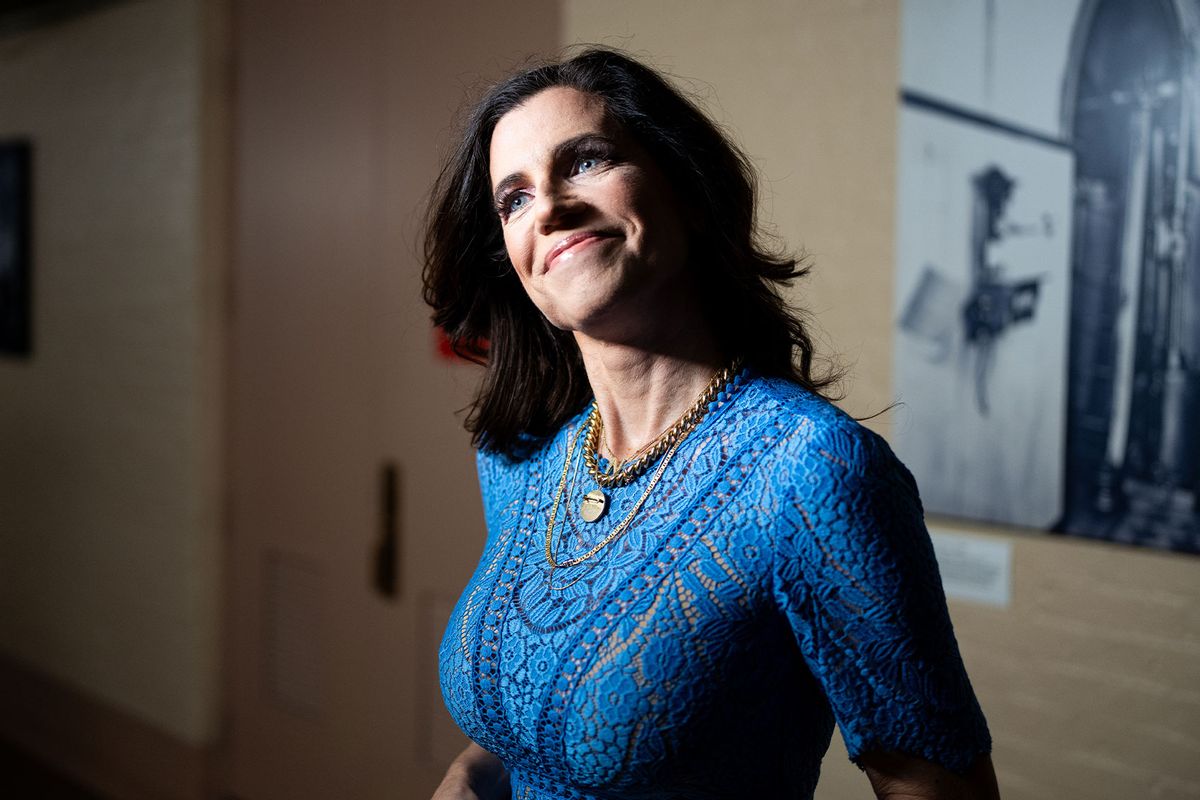In the weeks since the Supreme Court decision to overturn Roe v. Wade, in which the court ruled there is no constitutional right to abortion, questions concerning access to contraceptives in the United States have proliferated. How does the ruling impact birth control? Do states have the power to limit access or ban specific types of contraceptives?
As of mid-July, “things have not changed as of right now,” says Mara Gandal-Powers, the director of birth control access at the National Women’s Law Center. “Everyone still has the Constitutional right to birth control. Insurance coverage has not changed for birth control.”
Maintaining access to contraception in no way negates the need for abortions, says Tara Kumaraswami, an assistant professor of obstetrics and gynecology at UMass Medical School. “We know that abortion is health care, and so for that to be restricted by the courts would make many people concerned that contraception would be affected next.” But with abortion access severely curtailed in the country, people must remain informed and vigilant about birth control, knowing where to get contraceptives and what their options are.
How the overturning of Roe affects access to contraception
Currently, there are no laws restricting access to or prohibiting birth control. A 1965 Supreme Court case, Griswold v. Connecticut protects the right to birth control. “The birth control pill and contraception is something that is protected under different laws and those are not in question right now,” says reproductive endocrinologist and infertility specialist Robert Setton. “I don’t think people should be afraid for this.”
However, access to birth control remains difficult for millions of people of reproductive age, especially low-income and minority women. Justice Clarence Thomas argued the Court should revisit previous rulings regarding contraception (among other rights like same-sex marriage). While no other justice joined his opinion, a majority of justices might entertain restrictions on types of birth control in the future. At the very least, litigation is likely over attempted restrictions of contraception.
The landscape surrounding health, both general and reproductive, continues to grow more hostile: Last year, Republican lawmakers in Missouri attempted to block Medicaid funding from going to Planned Parenthood, a pharmacist in Arizona denied a patient a miscarriage drug; patients are having difficulty accessing the drug methotrexate, which treats a wide range of medical conditions in addition to terminating ectopic pregnancy. This is why it’s essential for people to know where they can access birth control: women’s health and family planning clinics, OB-GYN offices, family medicine and primary care doctors’ offices, college health centers, and online options, like Nurx and Hers. Emergency contraception like the morning-after pill is available in drugstores.
Your contraceptive options
There are over a dozen methods of birth control ranging in cost, ease of access, permanence, and efficacy. Some options, like condoms, are available over the counter at pharmacies and don’t require a prescription. Vasectomy — in which the tubes that carry sperm are cut and sealed — entails a doctor’s visit and an outpatient procedure. Intrauterine devices (IUDs), sterilization, and hormonal implants have lower probability of unplanned pregnancy over other methods like spermicides or condoms.
Without a prescription
Condoms, spermicide and contraceptive gel, and emergency contraception pills, like Plan B, are available to purchase at drugstores without a prescription. Emergency contraception is not an abortifacient and does not cause an abortion. “The way that emergency contraception works is by preventing or delaying ovulation, or the release of an egg,” Setton says. “If the egg is not released, or it’s not released in a certain time period after unprotected intercourse, fertilization will never happen. The sperm and egg won’t meet.” If someone takes emergency contraception after the egg is released, the pill will not be effective, Sutton says. Emergency contraception shouldn’t be considered an effective primary form of birth control. Research has shown emergency contraception might be less effective for patients over 170 pounds or with a body mass index of 25 or more.
With a prescription
Diaphragms, cervical caps, birth control rings, birth control patches, a new contraceptive gel called Phexxi, and birth control pills are available with a prescription. (The FDA just received an application for an over-the-counter birth control pill, the first ever.)
With a medical procedure
Longer-lasting or permanent forms of birth control require a trip to the doctor’s office for a quick procedure. Intrauterine devices prevent pregnancy anywhere from three to 12 years after a doctor inserts one into a patient’s uterus. Another long-term option is an implant in the patient’s arm, which can last up to five years. Those who choose the birth control shot must visit their doctor every three months for an injection.
For permanent options — tubal ligation for people with uteruses and vasectomy for people with testes — patients undergo a surgical procedure to close the fallopian tubes and vas deferens tube, respectively.
There’s no one-fits-all method when it comes to birth control. “If you’re just starting a hard college program, you might want something that lasts the whole time,” says Cynthia Harper, a professor of obstetrics, gynecology and reproductive sciences and a contraceptive researcher at the University of California San Francisco. “Or if somebody might want to get pregnant, they might want a method that they can just quit taking really quickly and then become pregnant.” Harper advises thinking deeply about where you are in your reproductive years and what use you’d like your birth control to serve, especially if you live in a state with an abortion ban. Then, talk with your medical provider about your birth control options. Or, if you don’t have a reproductive health physician or don’t have insurance, Harper suggests accessing birth control from online providers or seeking out a provider near you. Some clinics also offer sliding-scale payment for uninsured or underinsured patients, Kumaraswami notes.
What contraceptives are not
Any form of contraception or birth control is not an abortion. If an egg is never released due to contraception use, the egg and the sperm can never meet and thus the egg will never be fertilized. “It’s a confusing topic,” Harper says. “But at this point in time, I think we all need to do what we can to have simple information and messages that people can understand.”
Another misconception Harper sees in her research is the misguided belief that contraceptive use affects infertility. In her current study, among participants under 25, 69 percent are concerned birth control use will cause infertility in the future. “The truth is that they don’t,” Harper says. “They are completely unrelated to infertility, but that’s a lot of people who are worried and who don’t seek contraceptive care because of that.”
Contraceptives aren’t solely used for pregnancy prevention. Birth control pills can relieve pain from cramping and symptoms of endometriosis. “So ensuring that patients have access to it no matter if there is a risk of pregnancy or not is really important,” Kumaraswami says.
Have a plan
Nearly every sexually experienced person in the United States between the ages of 15 and 44 has used at least one contraceptive method as of 2008, according to the Guttmacher Institute, showing birth control’s widespread popularity. But given the attacks on bodily autonomy in the United States, people need to have a defined contraceptive plan and a backup plan if your primary method of birth control fails, Gandal-Powers says. Say, condoms as a primary form of contraception and Plan B if the condom breaks.
This plan can include giving back to the community by volunteering at community distribution events and getting in touch with local lawmakers to discuss legislation protecting access to contraception and abortion.
“People are really thinking, ‘Here’s my personal situation,’ but also thinking more broadly, ‘How can I help people,’” Gandal-Powers says. “That’s really important right now. We’re all going to have to get through this together.”
Even Better is here to offer deeply sourced, actionable advice for helping you live a better life. Do you have a question on money and work; friends, family, and community; or personal growth and health? Send us your question by filling out this form. We might turn it into a story.




















Discussion about this post